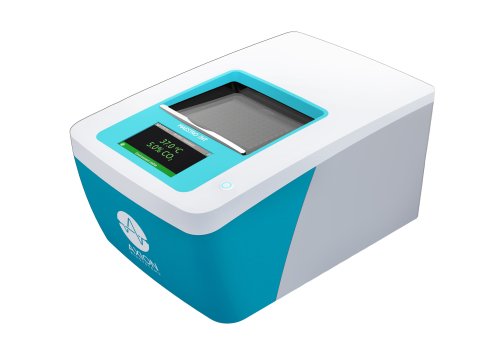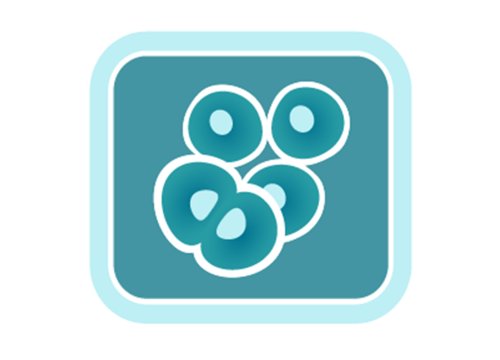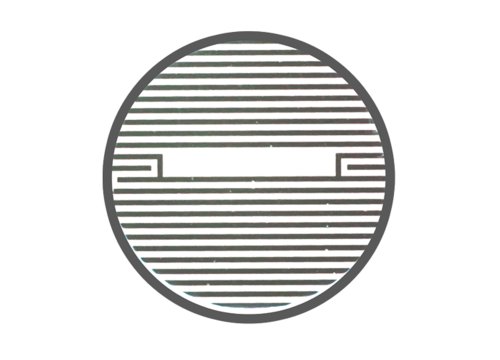Authors: Nannan Li, Jesse L. Rodriguez, Yibo Yin, Meghan T. Logun, Logan Zhang, Shengkun Yu, Kelly A. Hicks, Jiasi Vicky Zhang, Laura Zhang, Chuncheng Xie, Jiabin Wang, Tianyu Wang, Jiayi Xu, Joseph A. Fraietta, Zev A. Binder, Zhiguo Lin, and Donald M. O’Rourke
Molecular Therapy, 30 July 2024
Scientists use Axion’s high-throughput Maestro ZHT to assess the potency of CAR T cells in vitro.
Despite the success of CAR T therapies for liquid tumors, CAR T has had little success in solid tumors, including glioblastoma (GBM). One key factor contributing to this lack of efficacy is a highly immunosuppressive tumor microenvironment (TME). In this study, scientists develop a tri-modular CAR T construct, CART-EGFR-IL13Ra2-dnTFGBRII, designed to mitigate the immunosuppressive effects of the TME and enhance CAR T efficacy for GBM treatment, using Axion’s label-free Maestro ZHT system to assess potency of 806-Hu07-dnTGFBRII CAR T cells in vitro. The previous construct, CART-EGFR-IL13Rα2 is currently being investigated in a phase 1 clinical trial.
Although short-term potency was not improved compared to control CAR T cells, 806-Hu07-dnTGFBRII CAR T cells retained proliferation capacity and secreted increased levels of effector cytokines, suggesting enhanced long-term potency. Overall, the “data suggest that CART-EGFR-IL13Rα2-dnTGFβRII significantly augments T cell proliferation, enhances functional responses, and improves the fitness of bystander cells, particularly by decreasing the TGF-β concentration in a TGF-β-rich TME. Additionally, in vivo studies validated the safety and efficacy of the dnTGFβRII cooperating with CARs in targeting and eradicating GBM in a NSG mouse model.”


